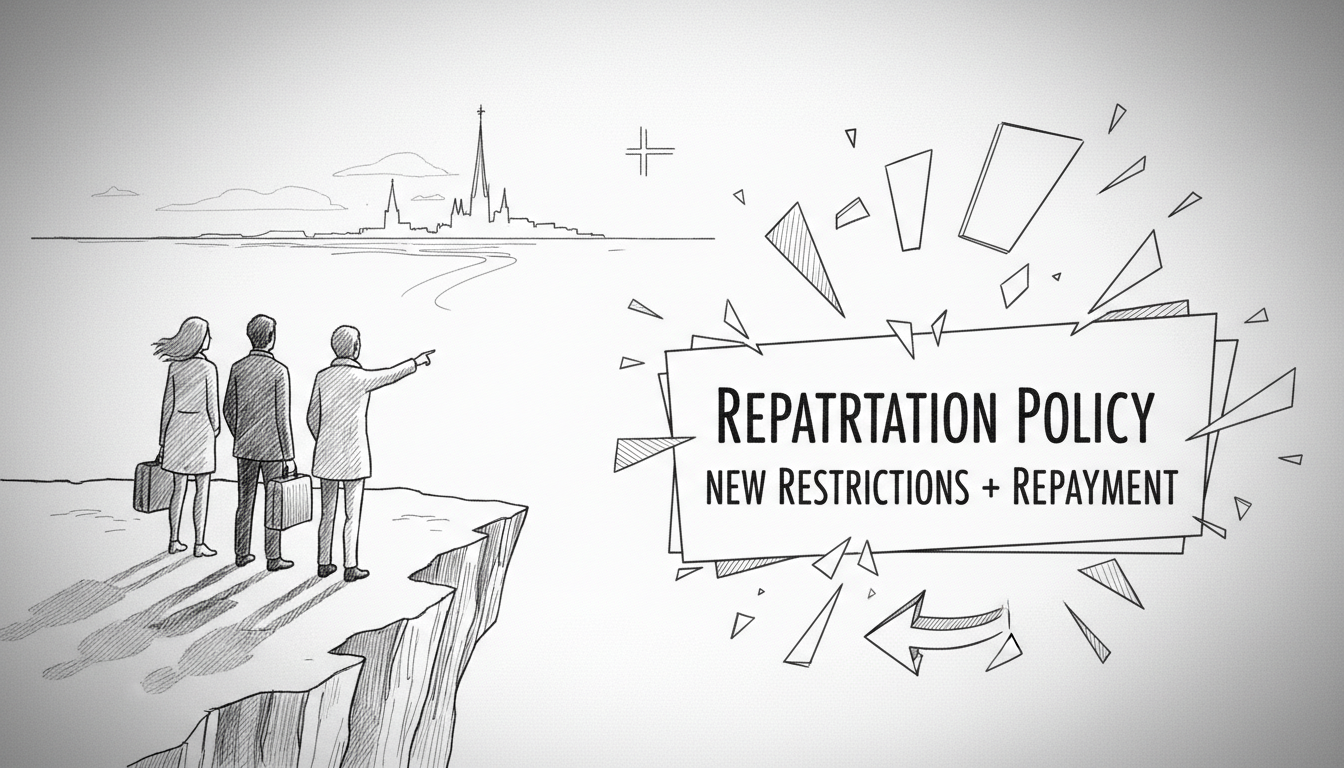Sweden's migration policies continue to evolve with recent updates to the repatriation grant system. This financial assistance program helps certain residents return to their home countries, but the rules have tightened significantly in recent months.
People with permanent or temporary residence permits can apply for repatriation grants through the Swedish Migration Agency. But there are important restrictions to understand. The grant cannot go to Swedish citizens or individuals with debts to the Swedish Enforcement Authority or student loan agency CSN.
Migration expert Leila Pacula Nielsen explained the policy in a recent briefing. She emphasized that recipients who return to Sweden later to seek asylum or new residence permits could face repayment requirements. This creates serious financial consequences for those who change their minds about leaving Sweden permanently.
Stockholm's diverse neighborhoods like Södermalm and Hammarby Sjöstad have become home to many international residents considering their long-term options. The repatriation grant discussion touches on broader questions about integration and multiculturalism in Swedish society.
Sweden has long balanced generous social policies with practical immigration management. The repatriation grant represents one tool in this complex system. It acknowledges that some residents may ultimately choose to return to their countries of origin while ensuring taxpayer funds are used appropriately.
International communities across Sweden follow these policy developments closely. Many expatriates weigh their options between building permanent lives in Sweden and maintaining connections to their home countries. The financial implications of either choice matter deeply to families making these difficult decisions.
Swedish migration policies often reflect the country's practical approach to social welfare. The government aims to support genuine needs while preventing abuse of the system. This balance characterizes much of Sweden's famous welfare state model.
The changing rules around repatriation grants fit into larger conversations about migration in Nordic countries. Sweden continues to refine its approach as global migration patterns shift and new challenges emerge. These policy adjustments demonstrate how even established systems must adapt to changing realities.
For international residents considering their future in Sweden, understanding these rules proves crucial. The financial assistance available for returning home comes with important strings attached. Careful consideration of long-term plans becomes essential when navigating such significant life decisions.
Sweden's commitment to both supporting immigrants and maintaining system integrity remains evident in these policy details. The country continues to develop approaches that honor its humanitarian traditions while addressing practical governance concerns.

